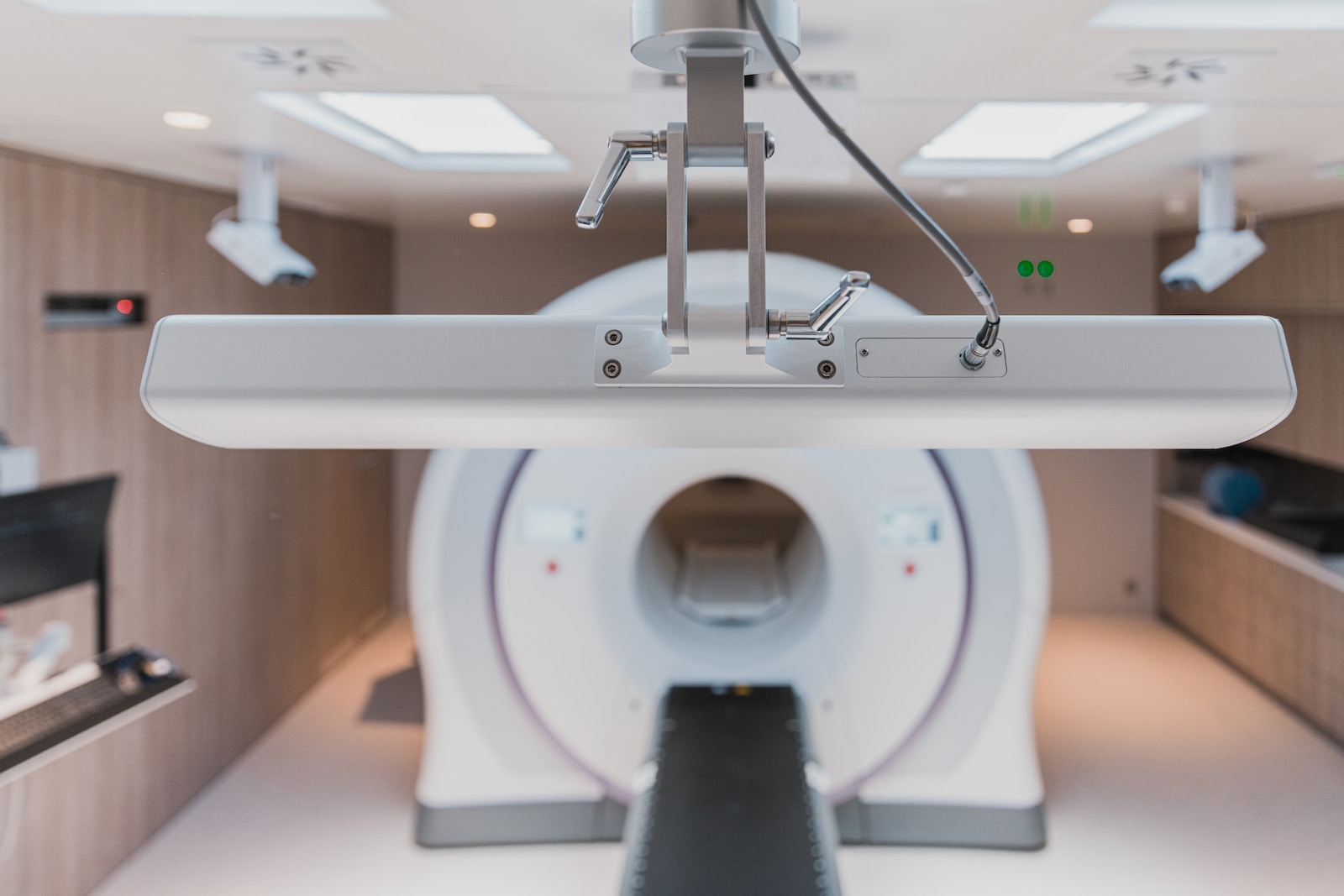In a recent study published by BMJ Innovations, researchers have explored the potential of using Augmented Reality (AR) technology to alleviate anxiety in children undergoing Magnetic Resonance Imaging (MRI) scans. The study’s findings suggest that this approach might have positive implications for healthcare processes, patient experience, and costs.
MRI scans can be distressing for children due to the unfamiliar and sometimes intimidating environment of the imaging machines. The study introduced a novel solution in the form of a play kit. This kit, composed of a cardboard assembly that mimics an MRI scanner, incorporates a smartphone and a toy to create an AR-like experience. This interaction allows children to engage in a simulation, assuming the role of a radiographer during a ‘pretend’ scanning process.
Preliminary results from the study are encouraging. The integration of AR technology appeared to notably reduce anxiety and stress levels among pediatric patients scheduled for MRI scans. By engaging children in a playful and interactive experience, the device helped familiarize them with the MRI environment, potentially lessening their fears and anxieties.

The study suggests that this approach could positively impact healthcare procedures. By potentially reducing anxiety levels, children might be more cooperative during the actual MRI procedure, potentially leading to more efficient and successful scans. Additionally, a reduction in patient waiting times might be possible as calmer, better-prepared children might require less time to adapt to the MRI machine.
The study’s findings hint at the possibility of streamlining procedures and improving efficiency within healthcare settings by minimizing anxiety-related disruptions. This, in turn, could lead to cost savings for healthcare providers while improving the overall safety and well-being of young patients.
While these initial findings are promising, further research and application are necessary to validate and expand upon these results. However, this study marks an important step towards utilizing technology not only for diagnostics but also to enhance the patient experience, particularly for children, by addressing the psychological aspects of medical procedures.
For more market insights, check out our latest Digital Twin news here.













